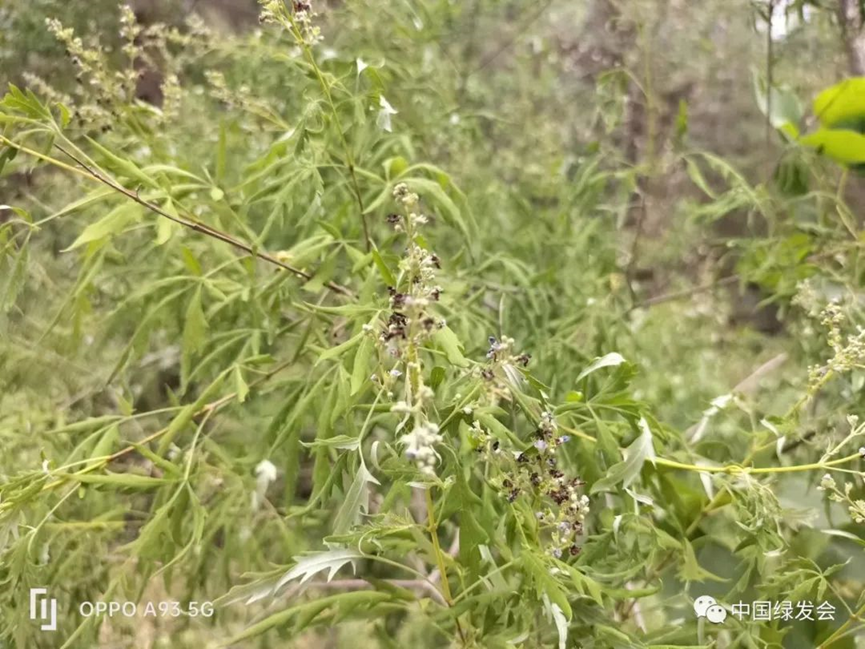Rainfall Has Not Solved the Urgent Need of Apis Cerana | CBCGDF Keeps a Close Eye on their Survival Crisis
As a native species in China, the Apis cerana is distributed in many areas in our country. The continuous high temperature in recent days has brought a negative impact on the survival of the species which led to an industrial crisis for beekeepers.

A rain on the night of July 11, 2023 brought rare coolness. Has it effectively alleviated the situation where the Apis cerana in Miyun, Beijing is encountering? Let’s find what the beekeeper would say.
“The rain has only alleviated the high temperature, but it still cannot alleviate the difficulties for the bees because the flowering season has passed and the flowers will not bloom again, "said the beekeeper.

Royal jelly is the key food to determine the reproductive capacity of female bees. Only larvae that completely feed on Royal jelly can develop into queen bees, otherwise they will develop into sterile worker bees. "If there is not enough pollen, worker bees cannot produce Royal jelly. The queen bee only eats Royal jelly, and only after eating royal jelly can she lay eggs. The most important problem now is that the queen bee does not lay eggs because the critical period of pollen collection is missed." said the beekeeper.
The China Biodiversity Conservation and Green Development Foundation (CBCGDF) will continue to keep a close eye on the survival crisis of the Apis cerana.
Original Chinese Article: https://mp.weixin.qq.com/s/w9MsPhiQky-GSXDDhLQDnw
Translator: Sara
Checked by: Daisy
Editor: Sara
Contact: v10@cbcgdf.org; +8617319454776

Contribution
Do you know? CBCGDF is a non-profit organization. We rely on crowd-funding and donations. You have the opportunity to help us to advance biodiversity conservation. Donate TODAY to power up the movement to make it a better world for all life.
https://www.paypal.me/CBCGDFChina
http://www.cbcgdf.org/English/ConfirmDonaTion/0.html



Comments
Post a Comment